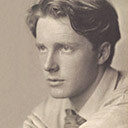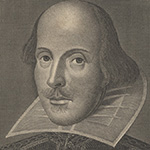a place of education, religion, learning and research"
from the King's College Statutes

Endowment charter, 1446. (Photograph: diamm.ac.uk)
The King's College of Our Lady and St Nicholas in Cambridge, commonly known as King’s College, was founded in 1441 by King Henry VI.
From its foundation to the present day, King's College has had both a library and archives. Today the library and archive collections are stored in the Library building, designed by the architect William Wilkins in 1828. Prior to this both were held in a number of the side chapels of King’s College’s Chapel, which included a chained library.
The Library contains many thousands of rare books and manuscripts and antiquarian music. Highlights include over 200 incunabula, autograph manuscripts by Isaac Newton, Jane Austen’s autograph manuscript of Sanditon and Shakespeare’s First Folio, as well as the rare book collections of Jacob Bryant, George Thackeray, John Maynard Keynes, E.M. Forster, and Louis Thompson Rowe’s music library.
In addition to the administrative records of the College and of the estates the College was given by Henry VI as a foundation grant, the Archive Centre holds important collections relating to the Bloomsbury Group, the Economist colleagues of Maynard Keynes, E.M. Forster, Rupert Brooke and Alan Turing.



